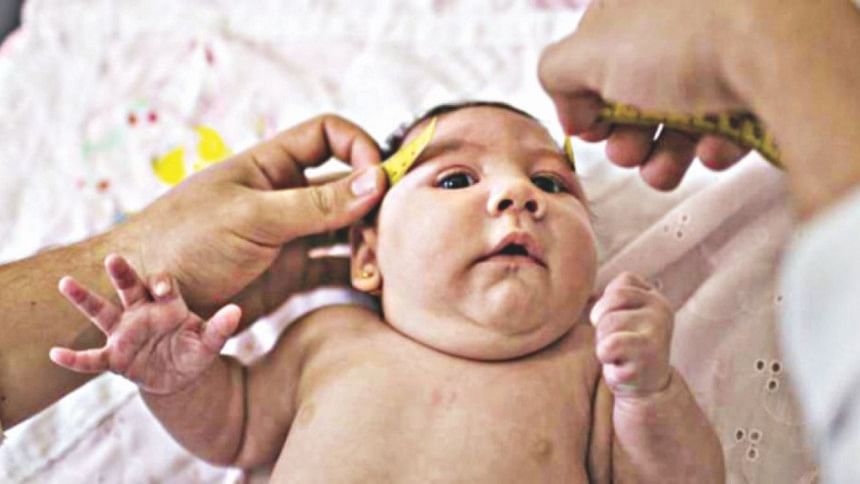Mosquito-borne Zika virus panic grips Latin American countries

Alarm over thousands of birth defects blamed on the mosquito-borne Zika virus spread Friday, as the United States expanded a travel warning for pregnant women.
With the sting of a mosquito bite and a fever, many pregnant women may not know that they caught the Zika virus -- until it strikes their unborn child.
Now authorities in some Latin American countries are warning women to avoid getting pregnant for fear of the virus.
Babies across the region, and at least one in the United States, have been born with abnormally smaller heads -- a condition doctors call microcephaly, which can cause brain damage.
The scare has struck hardest in Brazil, which hosts the summer Olympic Games in August.
It is one of 22 territories that the United States has warned pregnant women not to visit because of the Zika risk.
The World Health Organization (WHO) this week noted a surge in cases of microcephaly in Brazil, the country most affected by the current epidemic.
WHO spokesman Christian Lindmeier said Friday there were 3,893 suspected microcephaly cases in Brazil, which included 49 deaths. Before last year there were about 160 cases of microcephaly in Brazil on average.
He said there were "about 20 countries in the Americas which are reporting Zika cases, and about 10 in Africa, Asia and the Pacific," but the biggest outbreaks were in Brazil, Colombia and elsewhere in Latin America.

 For all latest news, follow The Daily Star's Google News channel.
For all latest news, follow The Daily Star's Google News channel. 



Comments